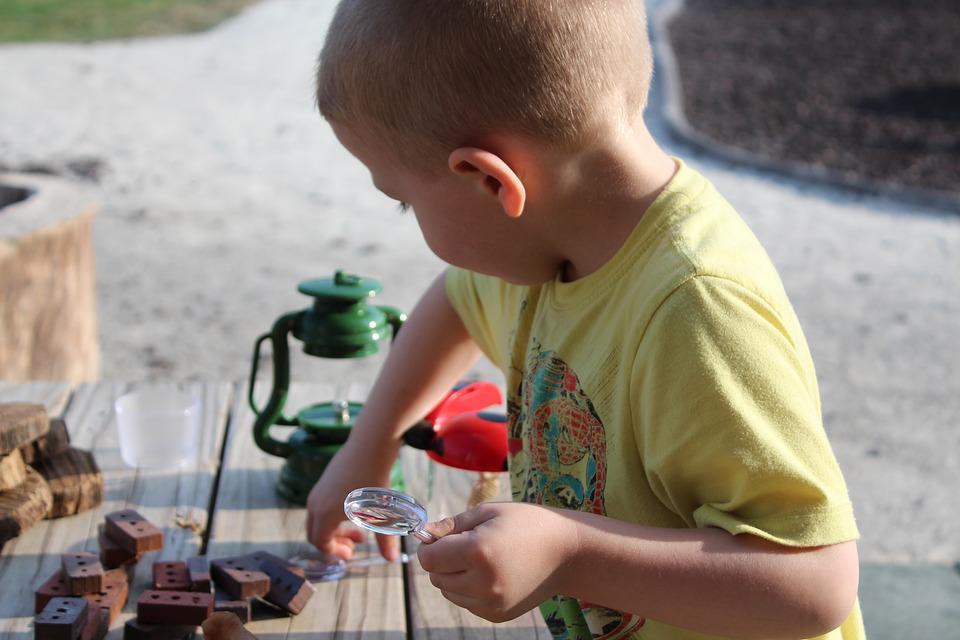Science facts and kids:
Have you ever noticed how your toddlers get inquisitive about their surroundings? About how birds fly so high? Why does the Sun rise and set? Children grow faster than we imagine and so does their curiosity. We are under the impression that they are too young to understand science facts. However, on the contrary, the toddlers’ brains attain most development between 3-5 years. So, they will be ready to imbibe simple yet interesting science facts that are put across in a creative manner. Ages 4 and 5, is when we need to build a strong foundation by creating curiosity within the kids.
Why Are Science Facts Important for Kids between the age 3-5?
Once toddlers start to become curious about the things surrounding them. It is vital to answer their question. Here’s why:
The age 3 is a crucial age for brain development in children. Studies reveal that the brain of a 3 year old child, has close to 1500 trillion brain connections (synapses). They become curious about the relationships with the people and things around them. So, it is very important for the parents to create an environment in which their child can thrive with adequate knowledge about their surroundings. Parents and teachers must ensure to promote a positive environment to foster the growth of the child. Introducing science facts and explaining them between this age helps them imbibe the facts in an easier way. Inculcating more activities and ways of learning will help them get a sense of achievement pushing them to do more. Their added inquisitiveness will help them explore the topic of their choice in the future, thus leading to a holistic development of the child.
Fun Science Facts to Share with Children
There are many fun science facts for children to learn. Here are some of the most interesting facts about science:
- One interesting fact you can teach your toddler is the rotation and revolution of Earth around the Sun. They would learn about how day/night occurs and the seasonal changes. These are something they can witness practically and understand.
- Another simple fact can be how birds are able to fly? By explaining them the principle, they will learn how aeroplanes fly in the air.
- Teaching them about how simple machines work can be a good activity and a learning concept for the children to understand.
Chrysalis Kids AwSTEM Program
The AwSTEM program at Chrysalis Kids focuses on inculcating a love for science in children. Our AwSTEM Studio is designed to spark the ingenuity in children. Our state of the art studio has the latest equipment and models to quench the thirst of knowledge of our young geniuses. From models of brain, ear and eye to models of tornado, windmill and persistence of vision, the children are given an overview of how things function. In addition to this, Science experiments are also a part of our curriculum to broaden the knowledge and stimulate the curiosity of children.
Children have a natural curiosity for things and can absorb information like a sponge. If you want to make learning more interesting for your children, consider using a list of fun science facts for kids. These interesting facts will engage them and inspire them to learn more about the world around them.
